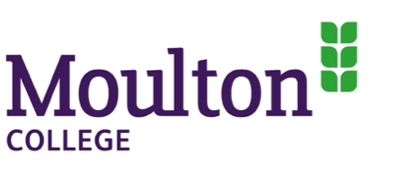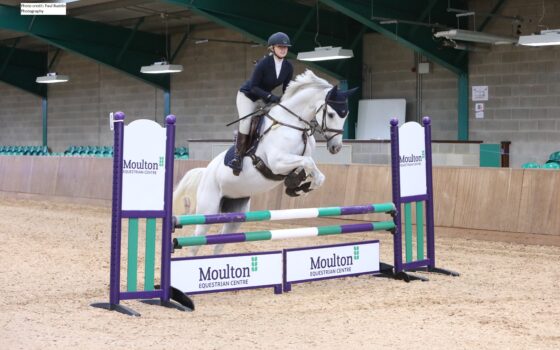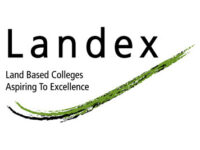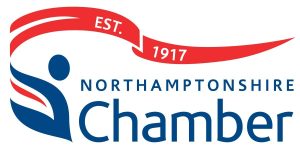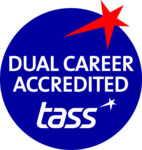Often when young people have completed their GCSEs or A-levels there is an assumption that some subjects will never be required again. In fact, throughout both life and work we do draw on our past education, sometimes without even realising it.
Having good mathematical and numeracy skills should not be underestimated as it is one of the core skills which we apply every-day. You might be involved in a pub quiz or problem solving such as building some decking at home or laying a patio!
At College, your final grades once you graduate will have undoubtedly been due to your achievement in your GCSE mathematics or functional mathematics qualification. It’s more important than you might think.
The Mathematics Team at Moulton
At Moulton College we have a dedicated team of teachers in the mathematics department, delivering both functional and GCSE mathematics courses but also general support to improve your techniques.
Tia an ex-equine student explains her experience of doing maths GSCE at Moulton College:
“My experience of maths at College was good, one of my teachers was very motivating and I was never made to feel ashamed or embarrassed to be re-taking maths GCSE.”
Megan also an ex-equine student agreed with Tia saying,
“Teachers at Moulton always pushed me to reach for my best possible grade, they’d never give up on encouraging me. This definitely helped me not give up.”
Practical vocational application of mathematics at College
Throughout your studies at Moulton, your lecturers will provide practical mathematics sessions to ensure the accuracy of your calculations. You might be checking the symmetry of bouquets on floristry programmes, or measuring out the ingredients in food studies; all valuable numeracy skills to help you in your future employment. These skills apply across all courses.
Why is it important? Across industry, employers are generally looking for a minimum of grades 3 or 4 in mathematics as they require staff who are able to perform basic numerical tasks. Examples could include operating a till and providing the correct change, or making sure the correct volumes of items have been ordered for a project. As you progress throughout your career, employers will be on the lookout for a good GCSE mathematics qualification, regardless of how high level the role is. Having the right level of GCSE qualification in the subject could mean the difference between you being promoted or not.
How mathematics can help your future HE prospects
Having well developed maths skills is not only important at college level studies, but Higher Education too. The majority of degree courses require undergraduates to be able to successfully complete a research project or dissertation which will involve a high level of data analysis. Being able to review the viability and accuracy of data, or successfully undertake a statistical analysis is a skill you will build at university.
What the students say…
When we contacted ex-pupils of the College they were highly positive about how mathematics had helped them within their careers since leaving. Having good numeracy skills has provided them with a competitive edge when applying for jobs or gaining limited places on higher education courses.
Here’s what they had to say:
Toby an Animal Welfare student said:
“The lessons ran smoothly and the teachers really do care about what grade you achieve because they want you to succeed. Maths is in everyday life whether you realise it or not. You use maths without even realising! Even when doing a seemingly insignificant chore like mopping a floor, you are looking at the size of the floor and calculating how much water you will need. Right there you have just used maths probably without even realising.”
Megan, who now works for the Spencer family on the Althorp Estate as a horse groom said:
“I use maths in my current job, even though it’s not obvious I still use it without realising. For example, I handle medication and have to work out doses to give, as well as ordering stock for the yard.”
To find out more information contact our maths co-ordinator Bradley at bradley.rowley@moulton.ac.uk
